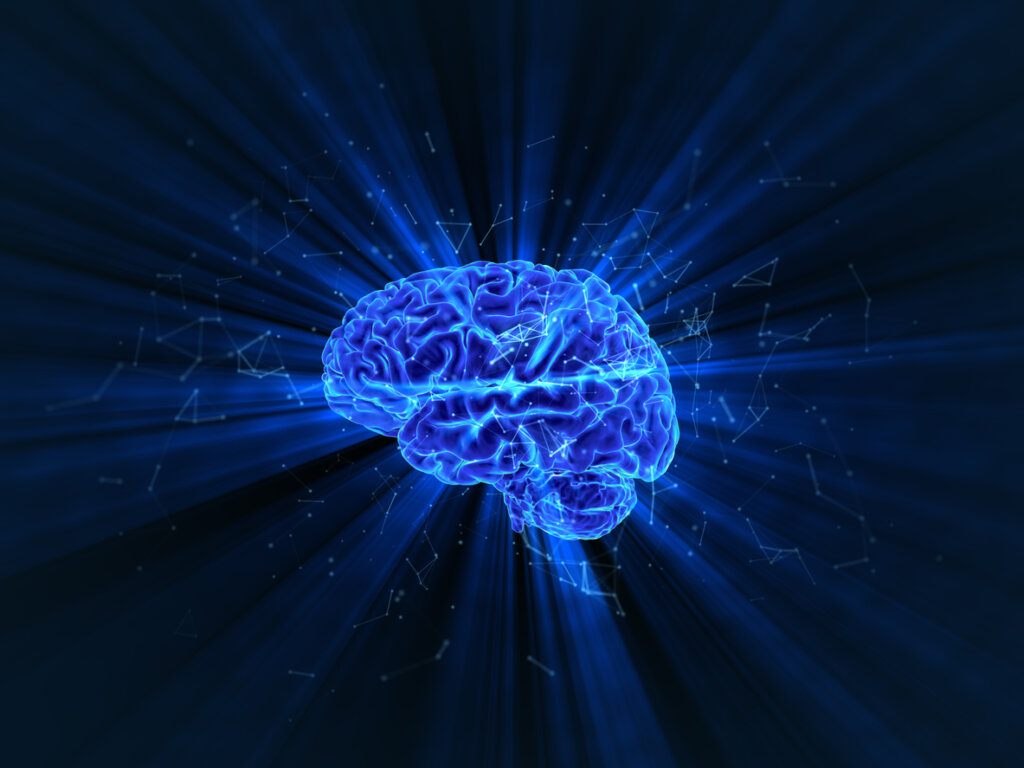Betrayals frequently have a really high price, both interpersonally and individually. In fact, infidelity often reinforces doubts and increases feelings of uncertainty. It’s like an all-consuming fire that ends up destroying everything for which the betrayed individual has fought.
Infidelity is a betrayal of trust. As such, it has the potential to trigger extremely intense and aversive emotions. Among them, are frustration, resentful anger, anguish, and sadness. However, in this article, we’re going to explore another emotion closely linked to infidelity; jealousy.
“You’ve got to learn to leave the table when love’s no longer being served.”
-Nina Simone-
Jealousy as an emotion
An emotion is a way of responding to one or several stimuli in the environment. It has three components:
- The behavioral component. This is the kind of behavior that occurs in a reactive way or as a consequence of emotion.
- The neuro-vegetative component. How our bodies mobilize and gather energy resources to deal with the stimulus. This is located in the autonomic nervous system (ANS).
- The hormonal component. It helps the neuro vegetative system thanks to the release of substances that facilitate an emotional response. For instance, the hormones that are secreted at the adrenal level. They’re released so that our muscles have enough food.
Jealousy is an emotion with a deep social basis. It’s defined as ‘the fact of being suspicious, of mistrusting and distrusting the other’. Indeed, it can change the affection that people feel for each other. As a matter of fact, the emotion of jealousy is an anticipation of loss. It alarms us about possible forthcoming pain and loss.
Reacting with jealousy to infidelity is both normal and distressing. In addition, the response varies depending on whether you’re a man or a woman. The answer to this lies in evolution. Within this framework, jealousy is linked to reproductive consequences.
“The opposite of love is not hate, it is indifference.”
Elie Wiesel

How does infidelity affect your brain?
If you’re a woman, it’s likely that you’re more sensitive to the scenario of emotional infidelity. On the other hand, if you’re a man, you probably give more importance to infidelity of a sexual nature.
“Infidelity is a concrete and real situation that represents the highest level of intimidation in a relationship that can be experienced.”
-Ana María Fernández Tapia-
In the face of unfaithful behavior, areas related to negative emotions and social cognition are usually activated (Takahashi, 2006). Among them are:
- The amygdala This is a key structure in the emotional response. In fact, it acts like an ‘orchestra conductor’. Among its functions is the regulation of impulses and the expression of emotions. Furthermore, it’s intensely activated by fear.
- The insular cortex. It’s activated when we dislike something and when we feel disgusted. It’s also activated when infidelity hurts and we feel jealous. In addition, physical pain activates this area. In fact, it’s responsible for processing the emotional part of pain.
- The superior temporal gyrus. Jealousy occurs as a consequence of a perceived betrayal. The superior temporal gyrus is activated every time we assess someone’s trust and intentionality.
The visual cortex
In both men and women, the visual cortex is strongly activated when infidelity occurs. This happens because we actively imagine our partners being unfaithful. In effect, we see it with our own eyes. In men, the amygdala is activated more intensely if the infidelity has been sexual. However, when faced with emotional infidelities, the insula, the hippocampus, and the hypothalamus are activated (Takahashi, 2017).
As you can see, certain areas are activated differentially according to sex. This has its origin in the different ways in which males and females view infidelity with regard to reproduction.
“The amygdala and the insula are the central nodes for the processing of basic negative emotions, fear and disgust, respectively.”
-Hidehiko Takahashi-
The post The Effects of Infidelity on the Brain appeared first on Exploring your mind.



















Comments